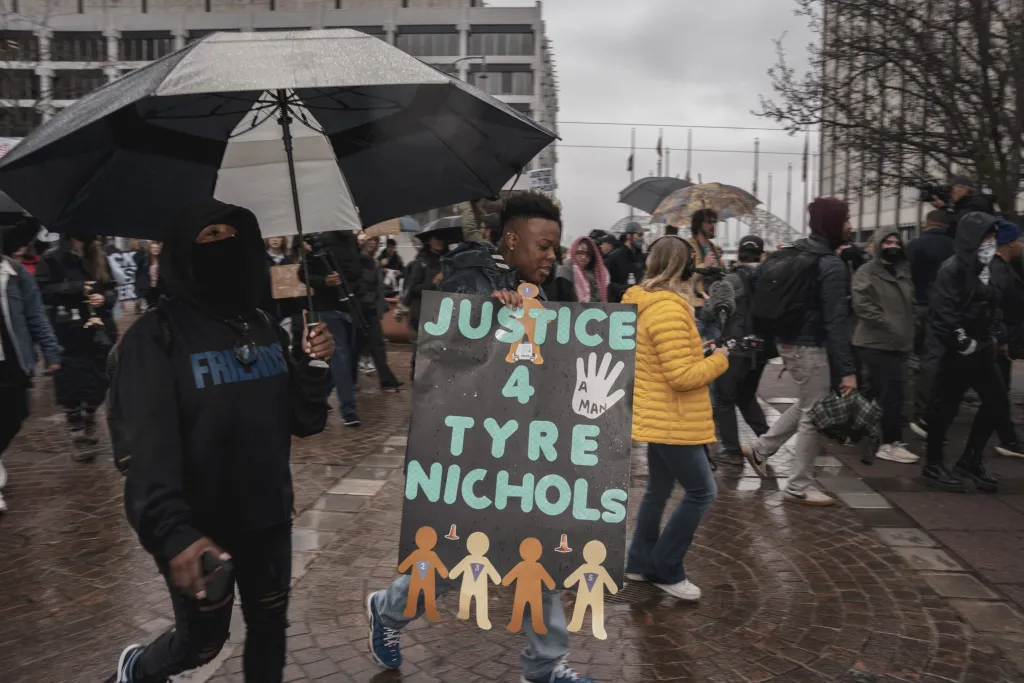
More in Prosecution
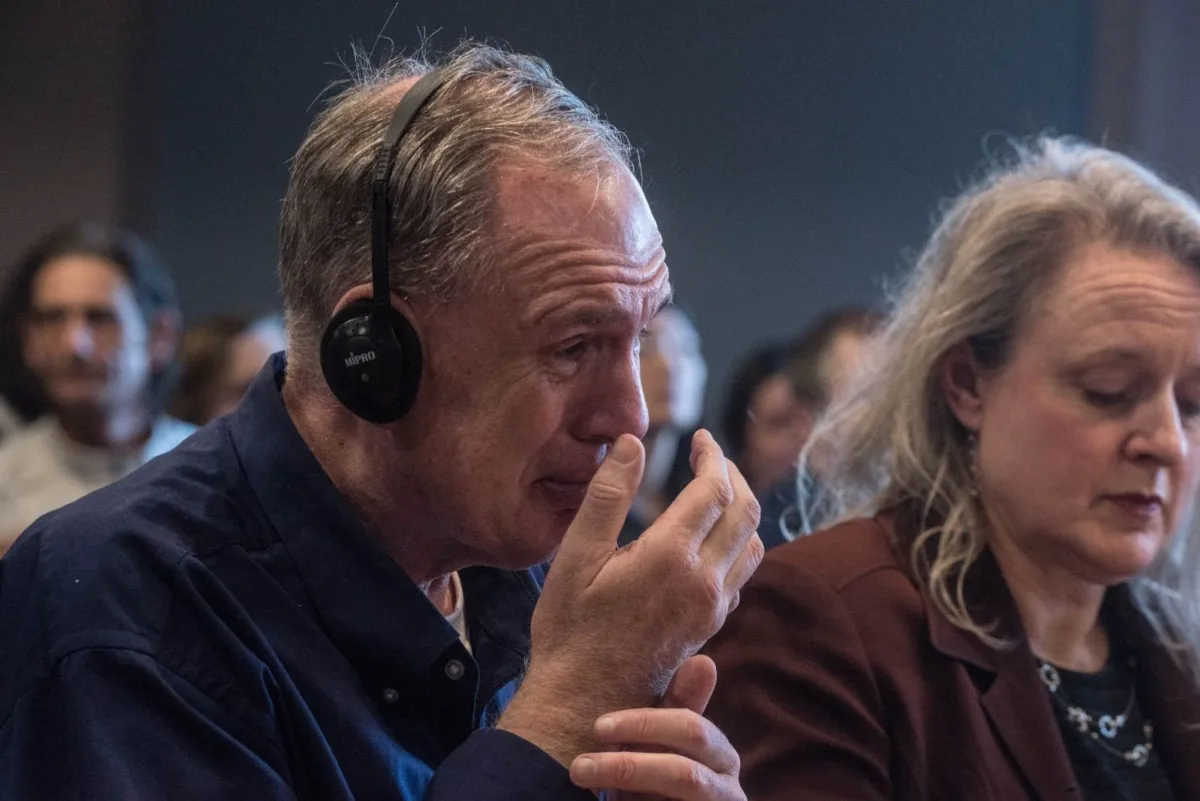
“They took my life away for nothing.”
James Carver spent 36 years in prison after he was convicted of setting one of the deadliest fires in Massachusetts history. But after reviewing new scientific evidence, a judge set him free.
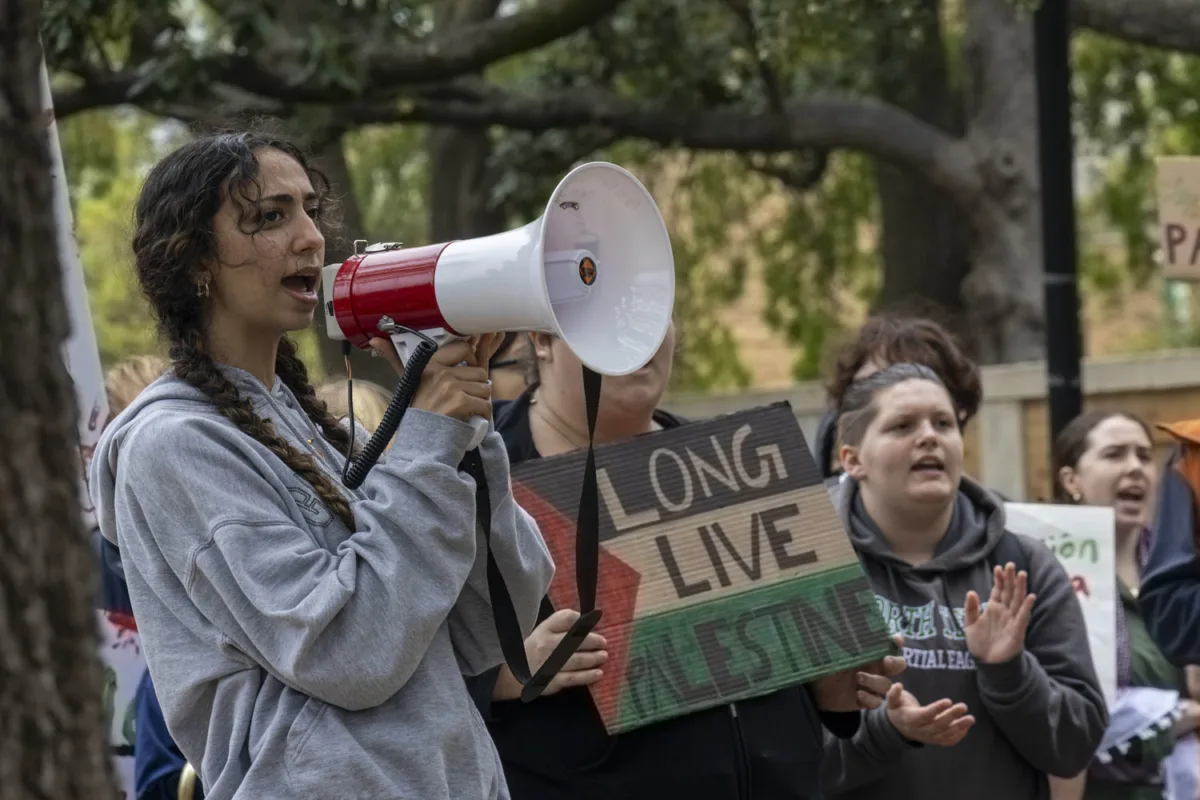
Here’s Where Pro-Palestine Protesters Face the Harshest Charges
In five jurisdictions reviewed by The Appeal, prosecutors have filed or are considering filing 187 charges against 66 protesters—including alleged hate crimes on cops, mob action, and attempted ethnic intimidation.
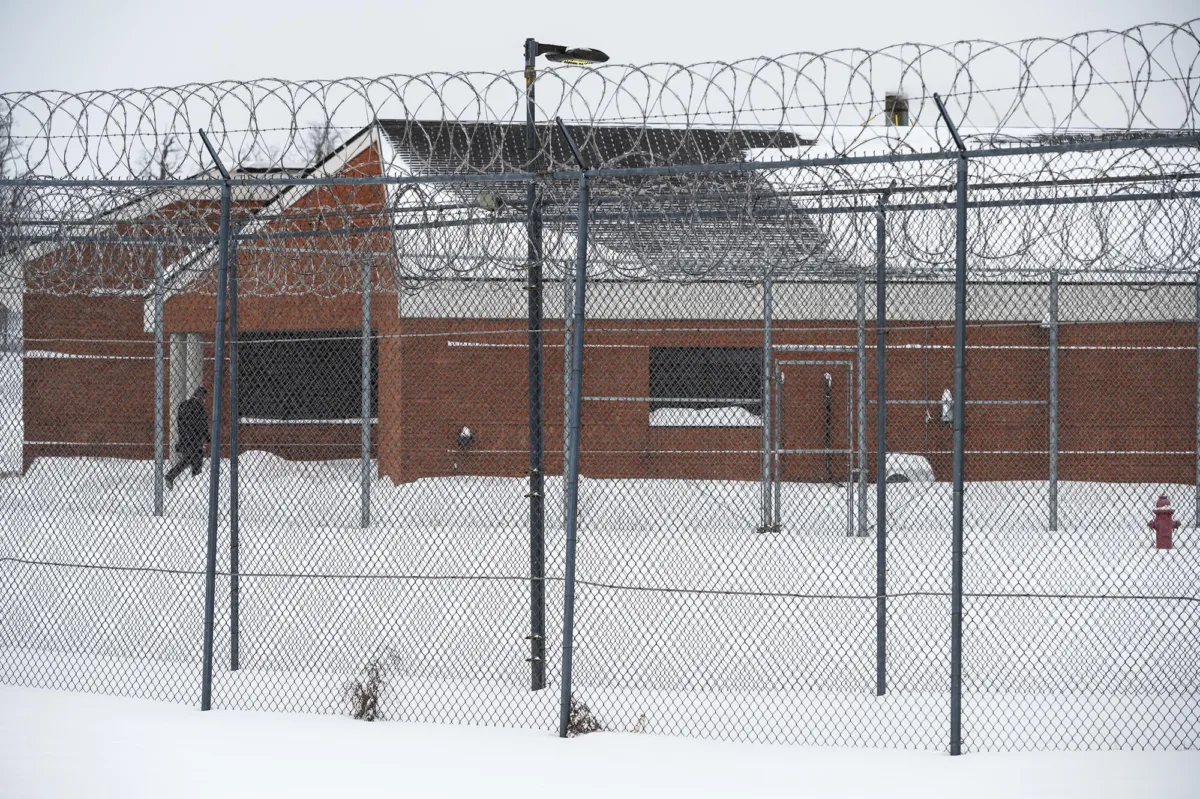
ICE Increasingly Relies on Vermont Prisons for Immigration Detention
People detained in Vermont’s prisons for U.S. Immigration and Customs Enforcement and U.S. Customs and Border Protection struggle to call their families and have been exposed to physical violence.

Alabama Can’t Prosecute People For Out-Of-State Abortions, Judge Rules
Alabama’s attorney general said he would charge abortion funds for helping people end their pregnancies in other states. On Monday, a federal judge said doing so would violate the U.S. Constitution.

DOJ Seeks Five-Year Minimum Sentences for Tesla Property Damage
Federal prosecutors have filed charges against at least three people for allegedly damaging Tesla property.
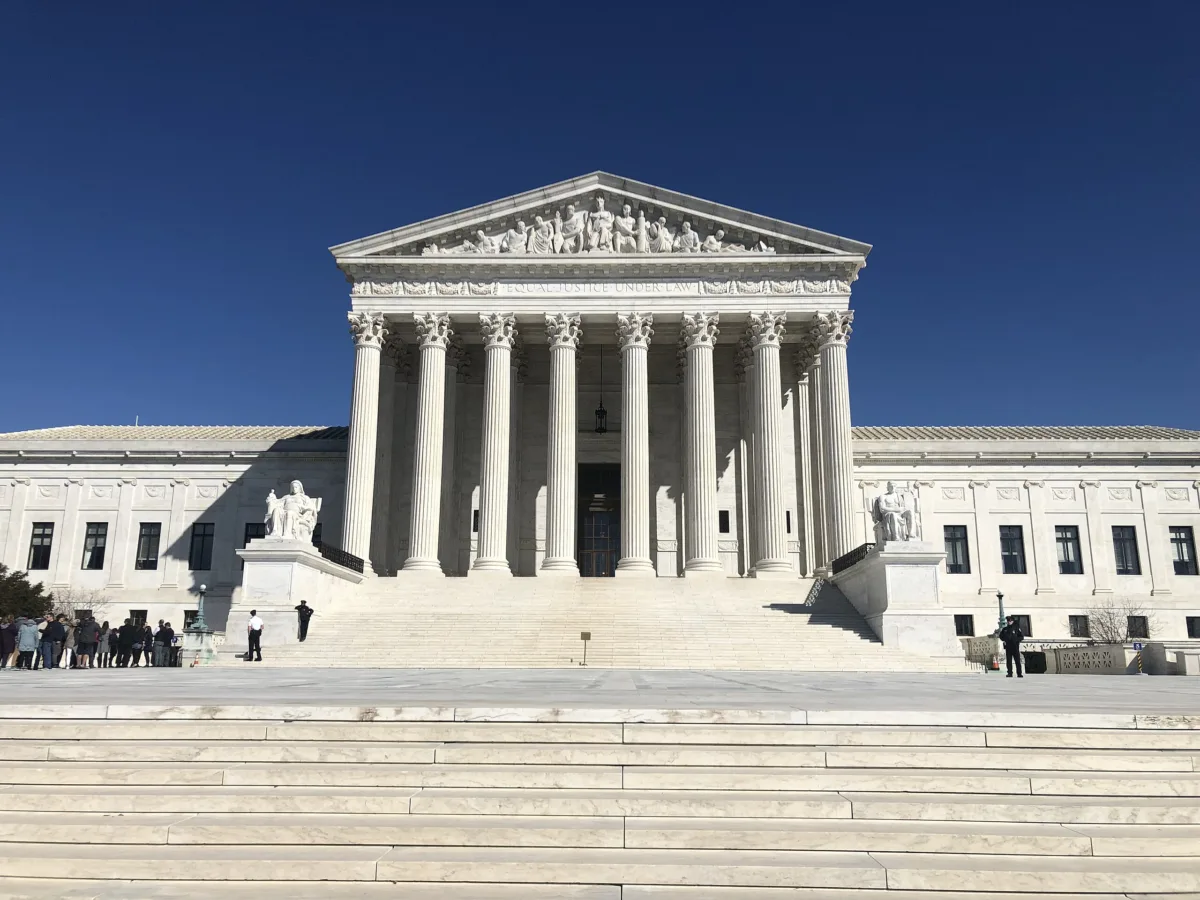
Supreme Court Decision on Prosecutor Sexism Could Give Women New Trials
In January, the U.S. Supreme Court said Brenda Andrew, who was convicted of killing her husband in 2004, should possibly get a new trial after prosecutors sex-shamed her.
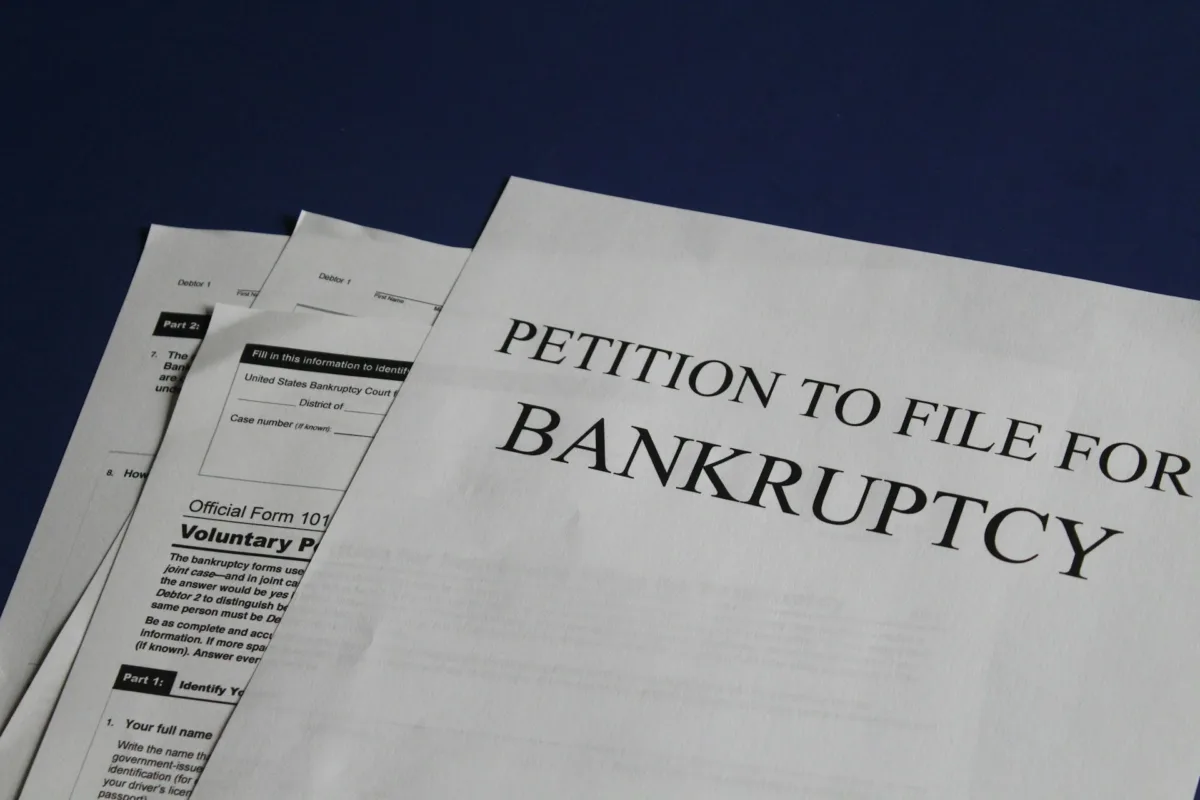
How ‘Bankruptcy’ Lets Private Prison Contractors Evade Accountability
Wellpath, one of the nation’s largest private correctional medical contractors, has conveniently filed for bankruptcy as it faces scores of lawsuits for alleged neglect and misconduct.
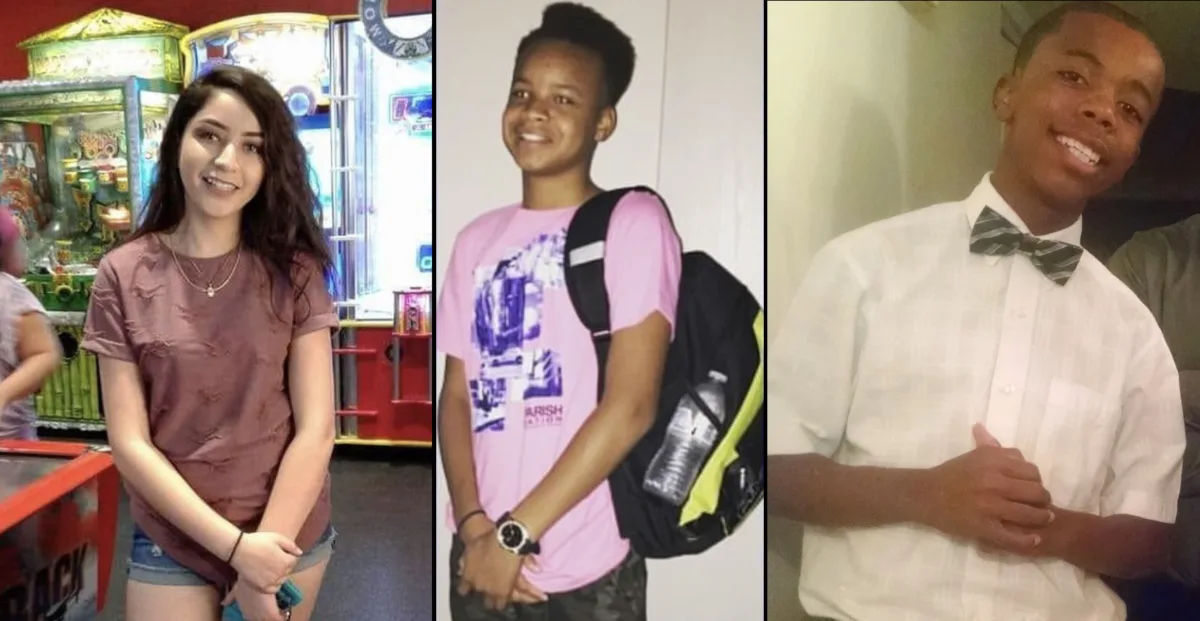
AZ Lawmakers Again Try to Limit Controversial ‘Felony Murder’ Law
The law allows prosecutors to charge people with murder even if they haven’t killed anyone. Multiple people have been imprisoned for killings committed by police.

Trump’s New Attorney General Directs Prosecutors to Pursue Harshest Sentences Possible
In memos released this week, Pam Bondi rolled back Biden-era reforms and called for a crackdown on immigrants and college students.
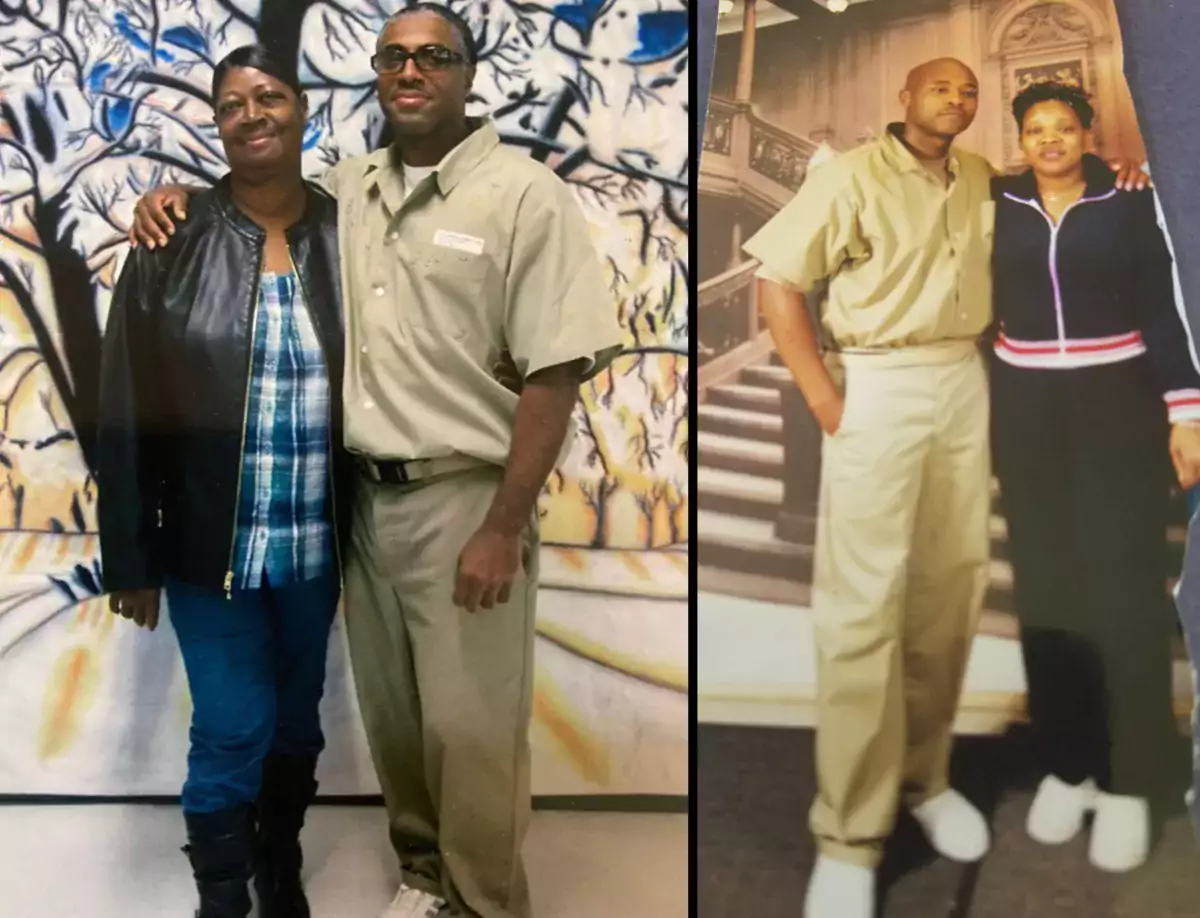
They Were Acquitted But Sentenced to Life Anyway. Now, They’re Finally Free.
Terence Richardson and Ferrone Claiborne are coming home after President Joe Biden granted them clemency. The pair spent decades in prison despite being found not guilty of the 1998 murder of a Virginia police officer.
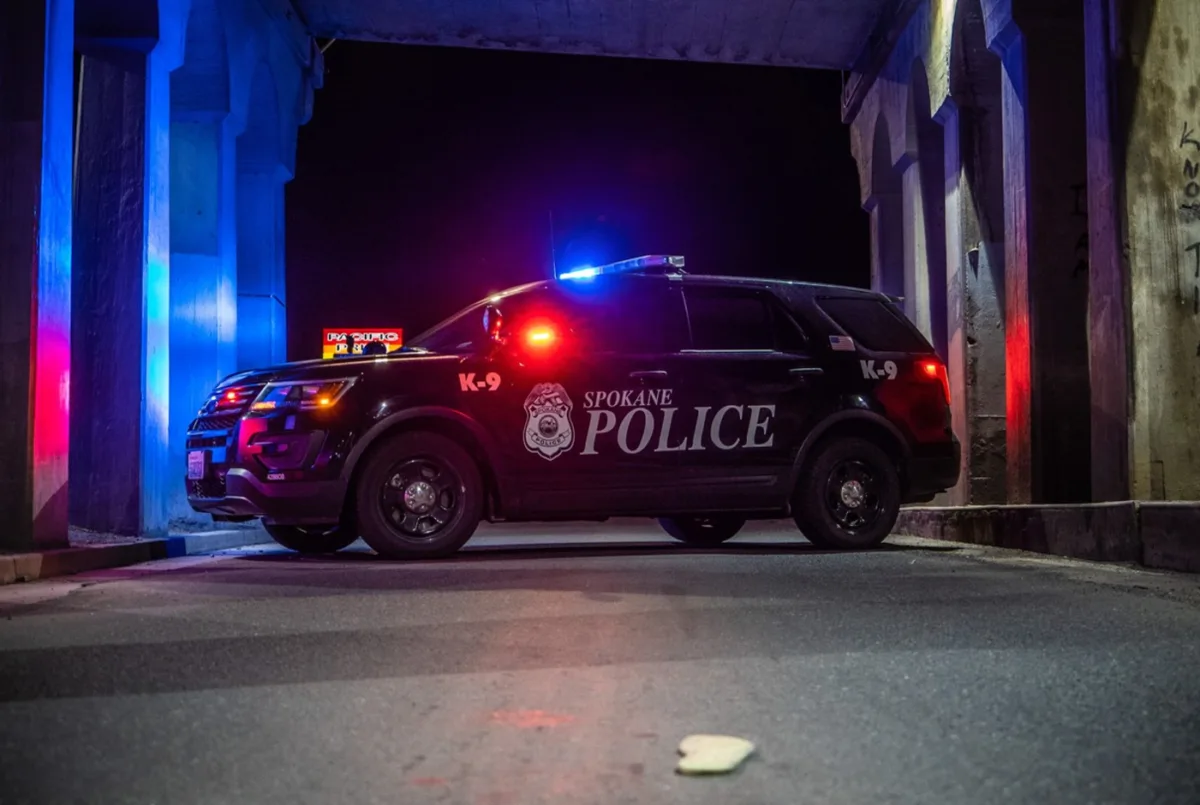
Now Free, Man Who Alleges Wrongful Conviction Wants Justice from WA Police
Gregory Sharkey spent 15 years in prison for a crime he says he didn’t commit. He was finally freed last month—but will those responsible for caging him be held accountable?
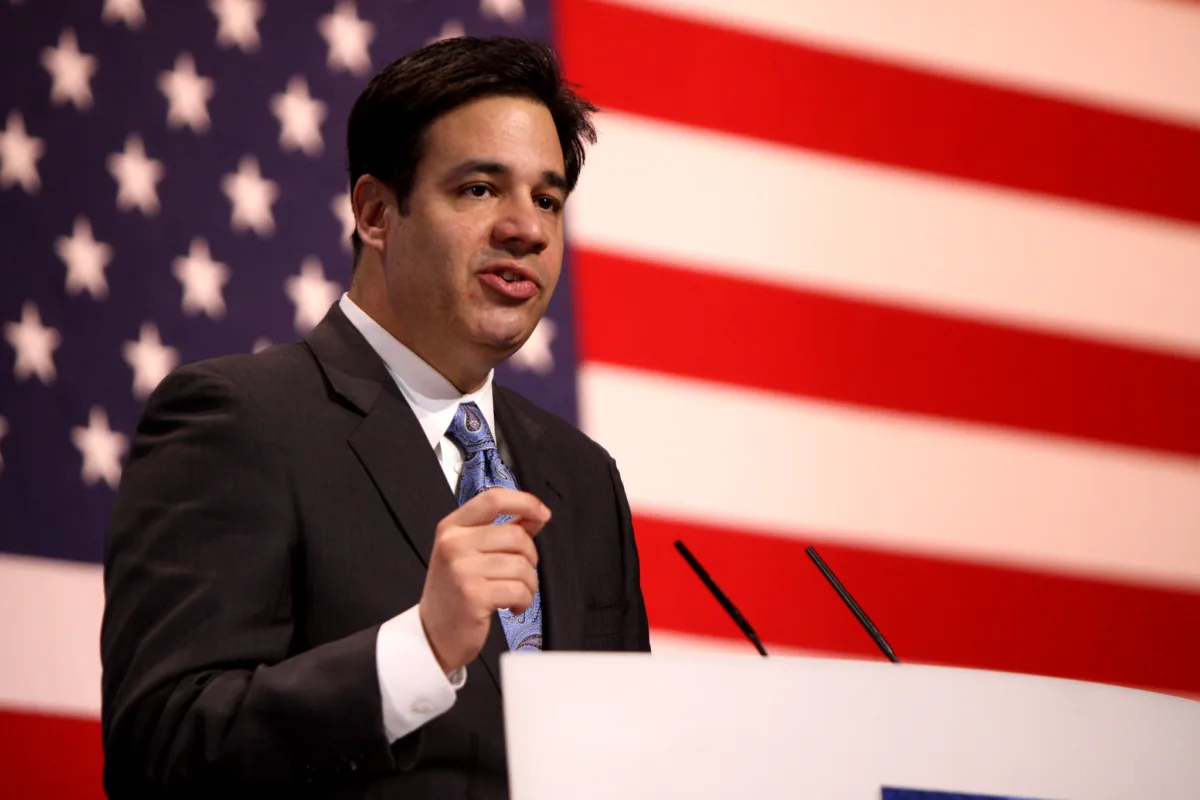
Idaho Can Now Arrest People Who Help Kids Get Abortions in Other States
Idaho already bans almost all abortions. On Monday, a panel of federal judges ruled that the state can enforce portions of its draconian “abortion trafficking” law.
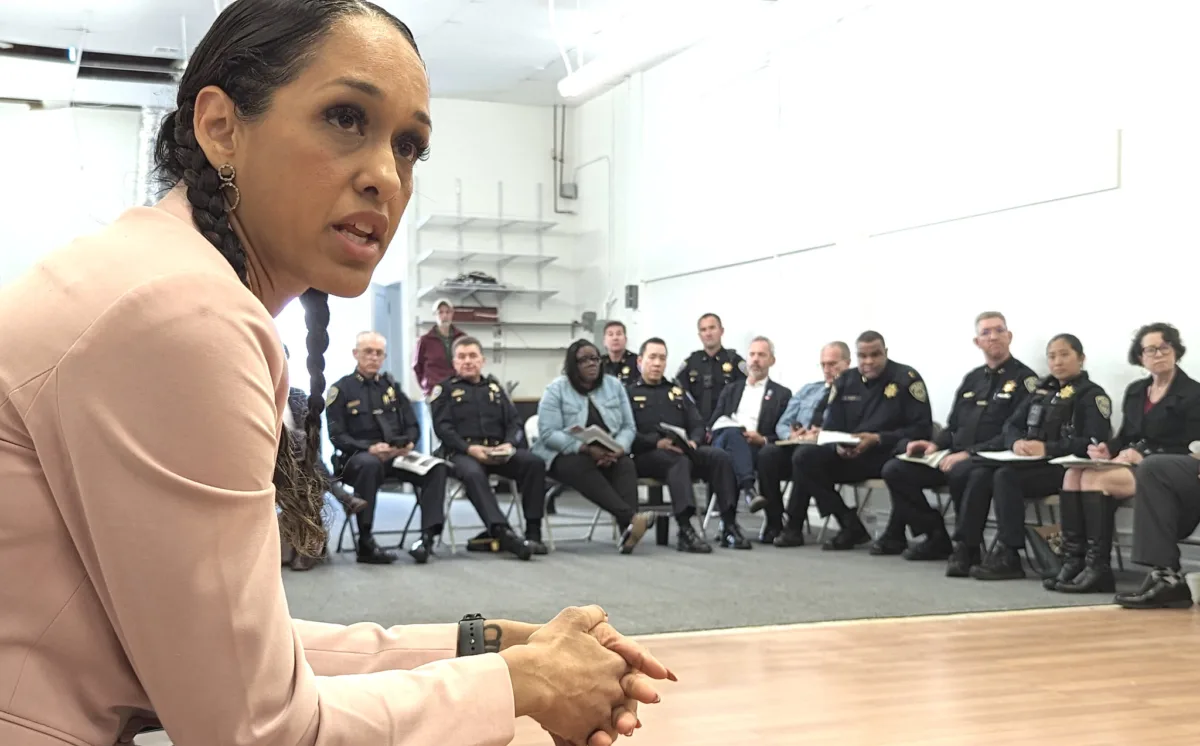
Women Languish at San Francisco’s Jail for Years Without Answers—or Sunlight
After a moral panic about crime, San Francisco’s billionaires and political leaders demanded more arrests. Pretrial detainees are now seeing the harmful effects.

Prosecutors Have Levied Serious Charges Against Pro-Palestine College Protesters
The Appeal reviewed 935 arrests that occurred on 22 campuses last Spring. Prosecutors—all of whom are running for reelection—charged students with felonies, including assaults on police officers, wearing disguises, mob action, and attempted ethnic intimidation.

What Incarcerated People Want Voters to Remember
Most people in prison can’t vote. This is what they want you to think about when you cast your ballot.

Virginia Prosecutors Fight to Uphold Life Sentence for Man Found Not Guilty
Even though a federal jury found Terence Richardson not guilty of murder, he was sentenced to life in prison. Virginia prosecutors want to keep it that way.
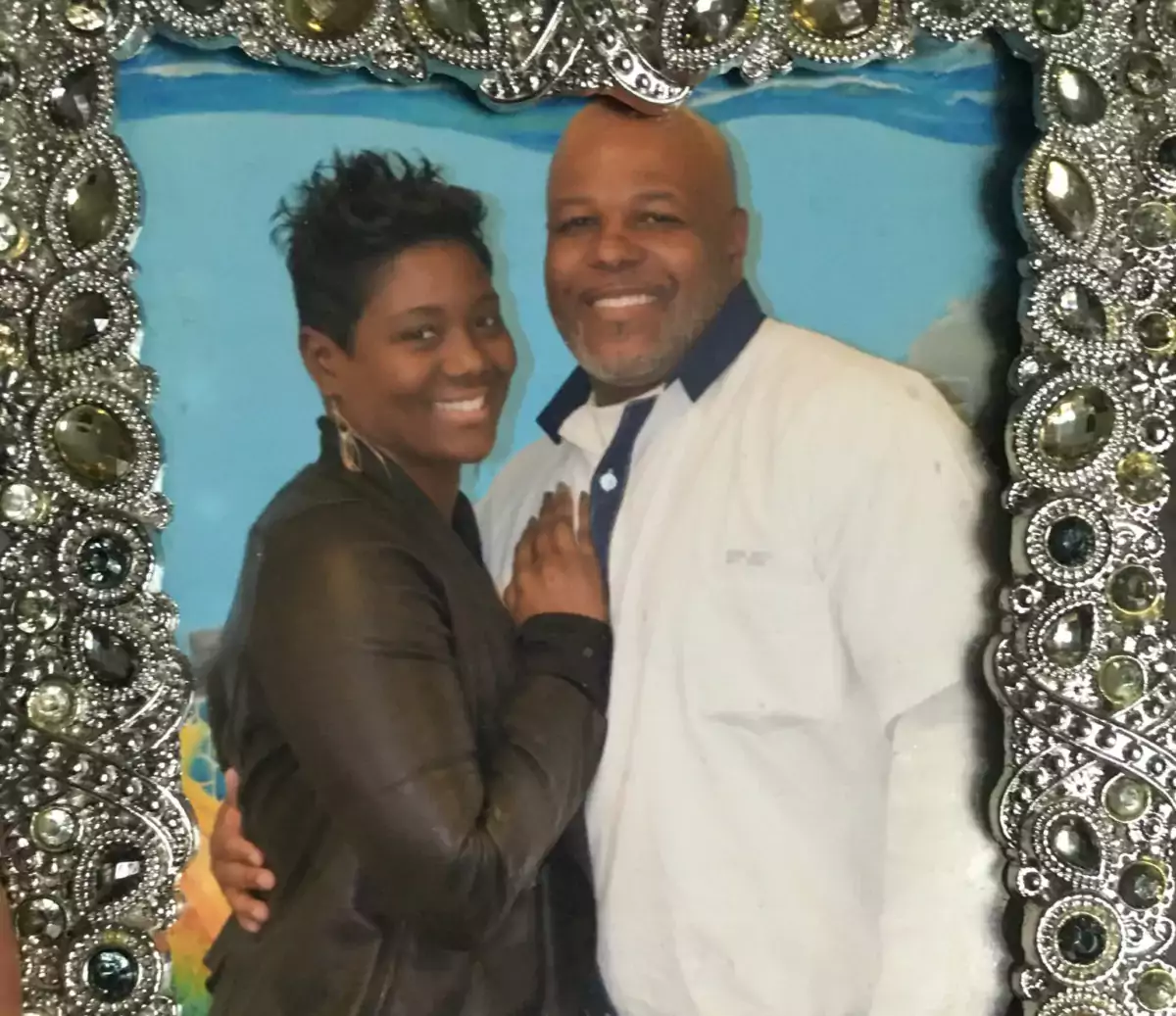
Georgia Judge Refuses to Overturn ‘Shaken Baby Syndrome’ Conviction
Medical experts testified that Danyel Smith’s child likely died of natural causes, but Gwinnett County Superior Court Judge Ronnie K. Batchelor rejected a motion to overturn his 2003 murder conviction.
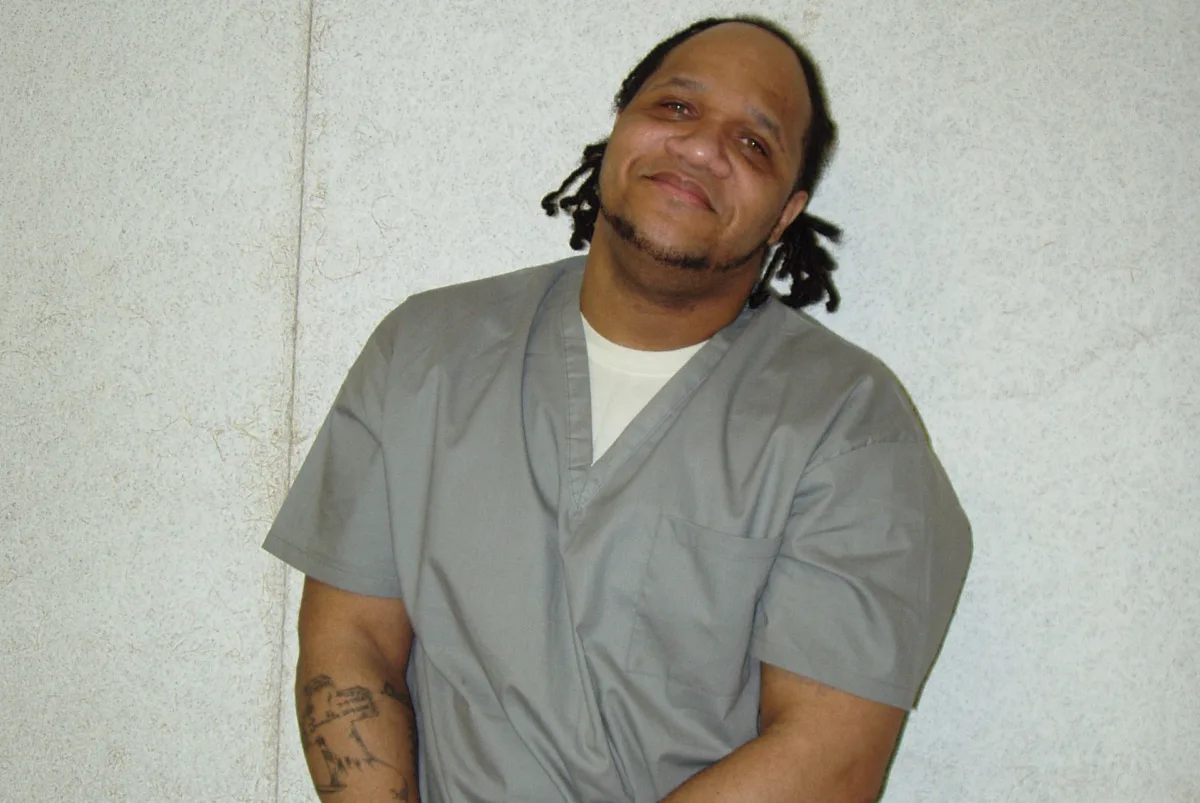
Prosecutors Said Another Man Was the Shooter. Oklahoma Might Execute Emmanuel Littlejohn Anyway.
In the early ‘90s, Oklahoma prosecutors claimed Littlejohn and another man had killed someone, even though the victim was shot with a single bullet. A state board has recommended the governor spare Littlejohn’s life.
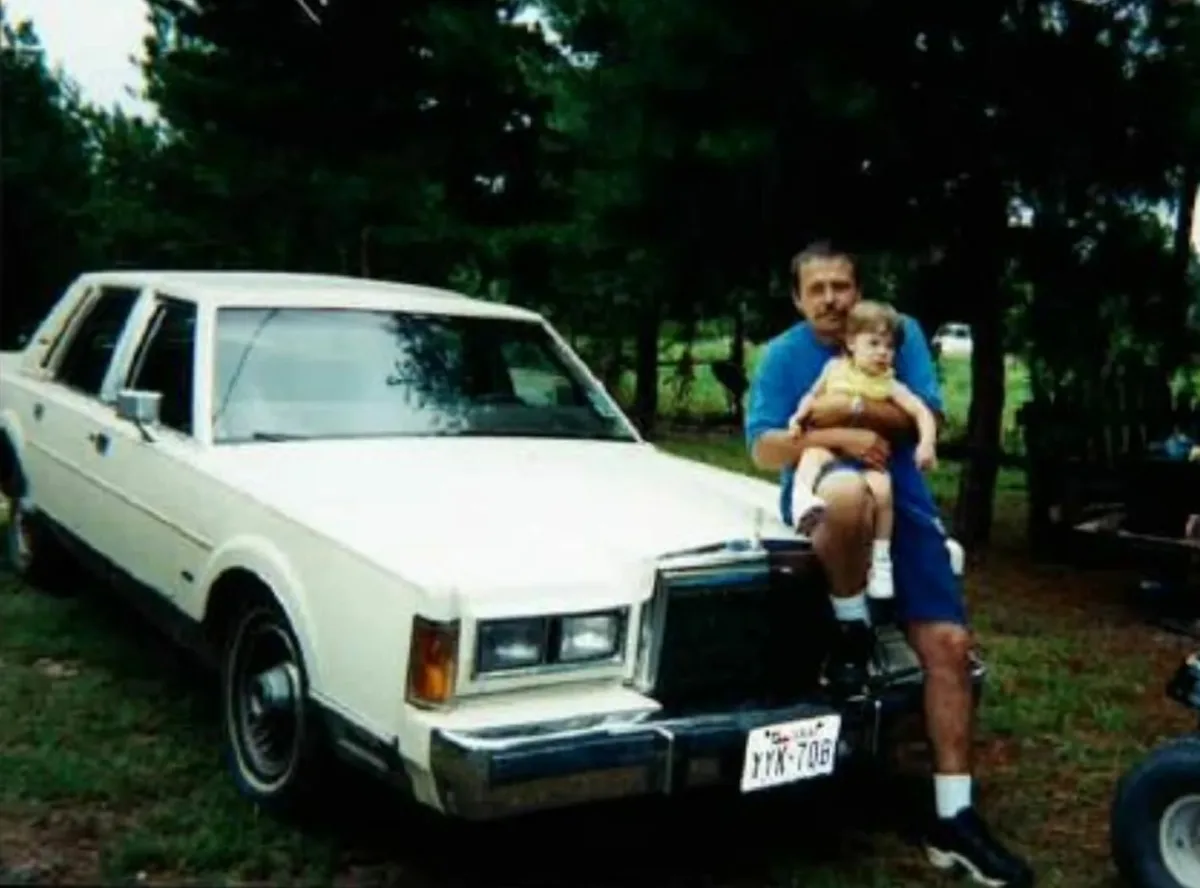
Original Detective Wants to Free Man Facing Death for ‘Shaken Baby’
Texas is set to execute Robert Roberson on Oct. 17 for allegedly shaking his baby to death. But numerous experts now agree the theory used to convict Roberson isn’t real—including the detective who helped arrest him.
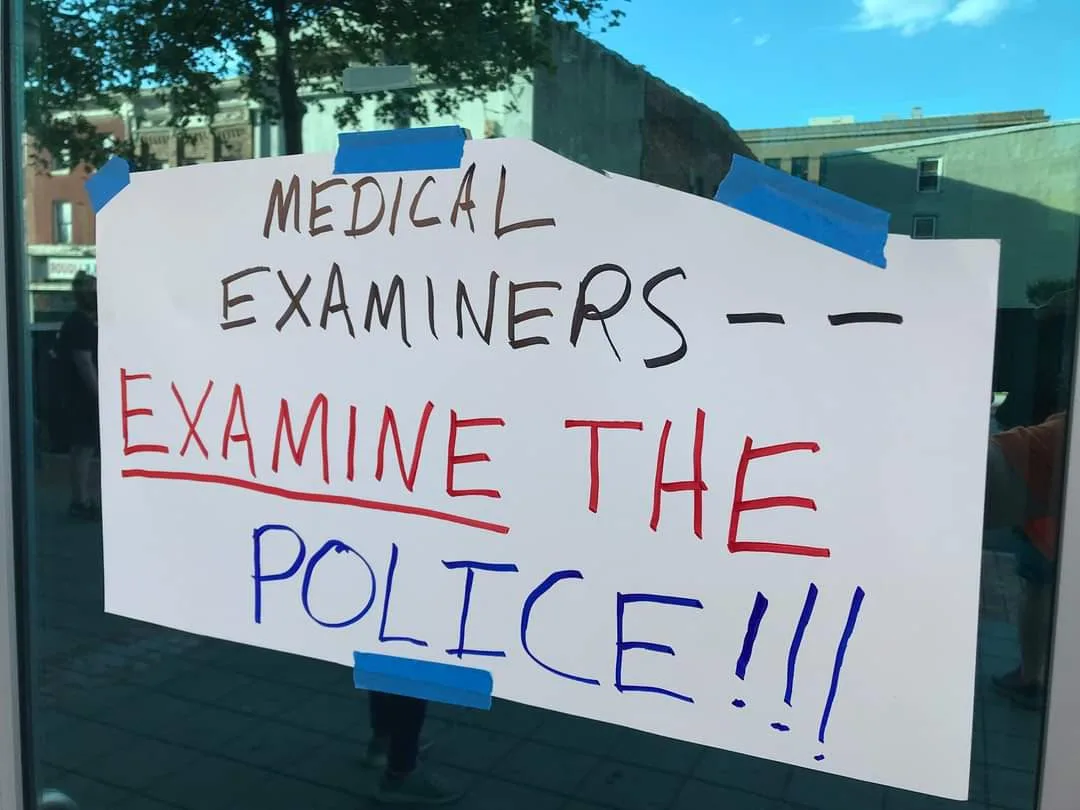
How Deep is the Scandal at Maryland’s Medical Examiner Office?
The state launched an investigation after the former chief medical examiner’s biased testimony in the George Floyd murder trial. Now, an Appeal analysis finds major flaws in the probe’s design.
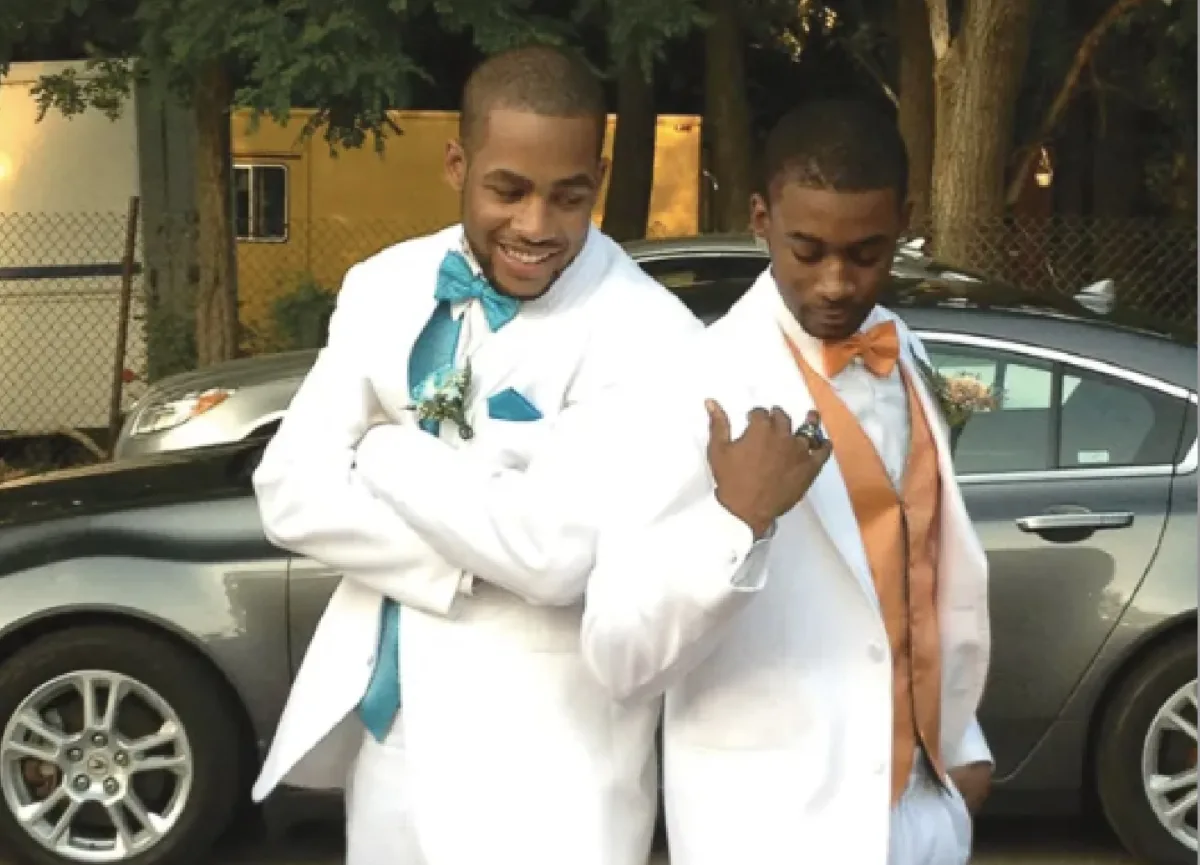
A Chicago Cop Killed Someone in a Car Accident. They Blamed a 20-Year-Old Instead.
A college student was convicted of murder for a death he did not cause. Reforms to the controversial law that landed him in prison have not led to his freedom.

New Hope for Phoenix Trio Imprisoned for Murder After Police Killed Their Friend
After The Appeal published an investigation into the Phoenix Police Department’s killing of 19-year-old Jacob Harris, a community coalition sprung up to help Harris’s three young friends, who are incarcerated for his death. Now, a court has granted the trio a chance to get out of prison.
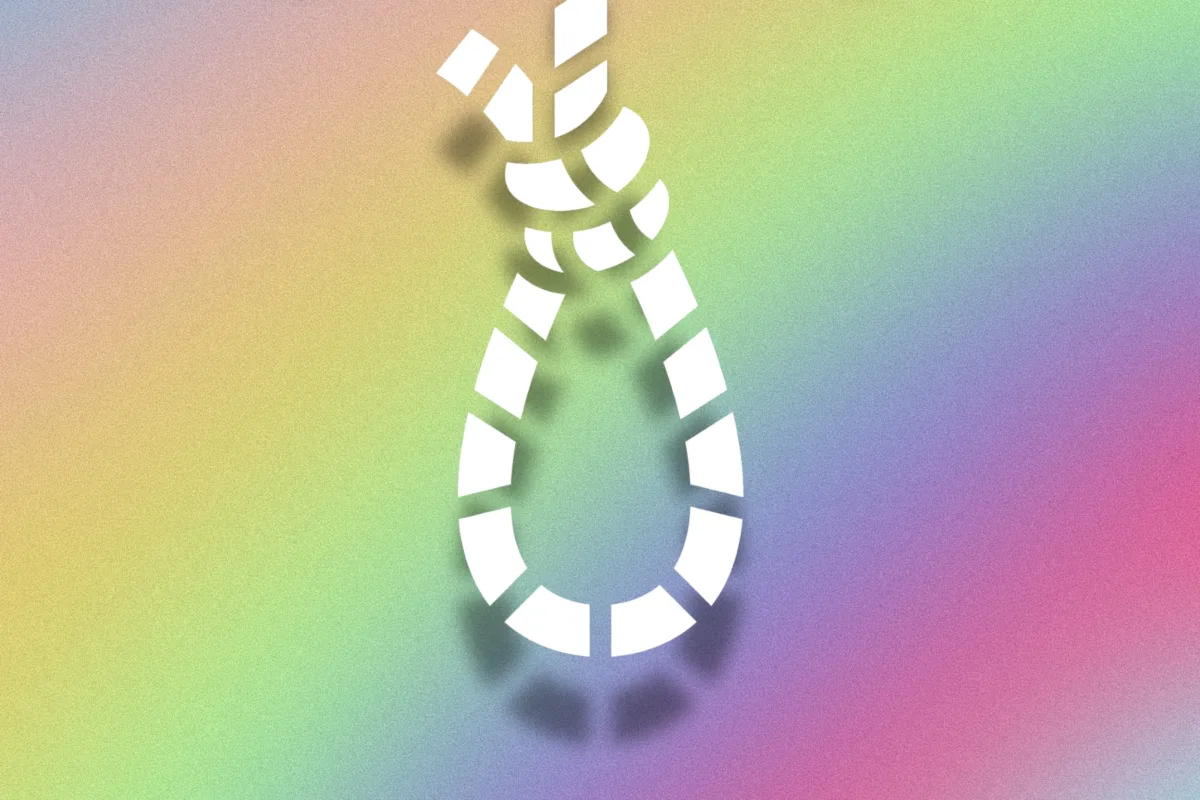
In U.S. Courts, Anti-LGBTQ+ Bias Can Be a Death Sentence
The Appeal studied cases in which queer defendants faced the death penalty. Anti-LGBTQ+ bias impacted more than half of them.
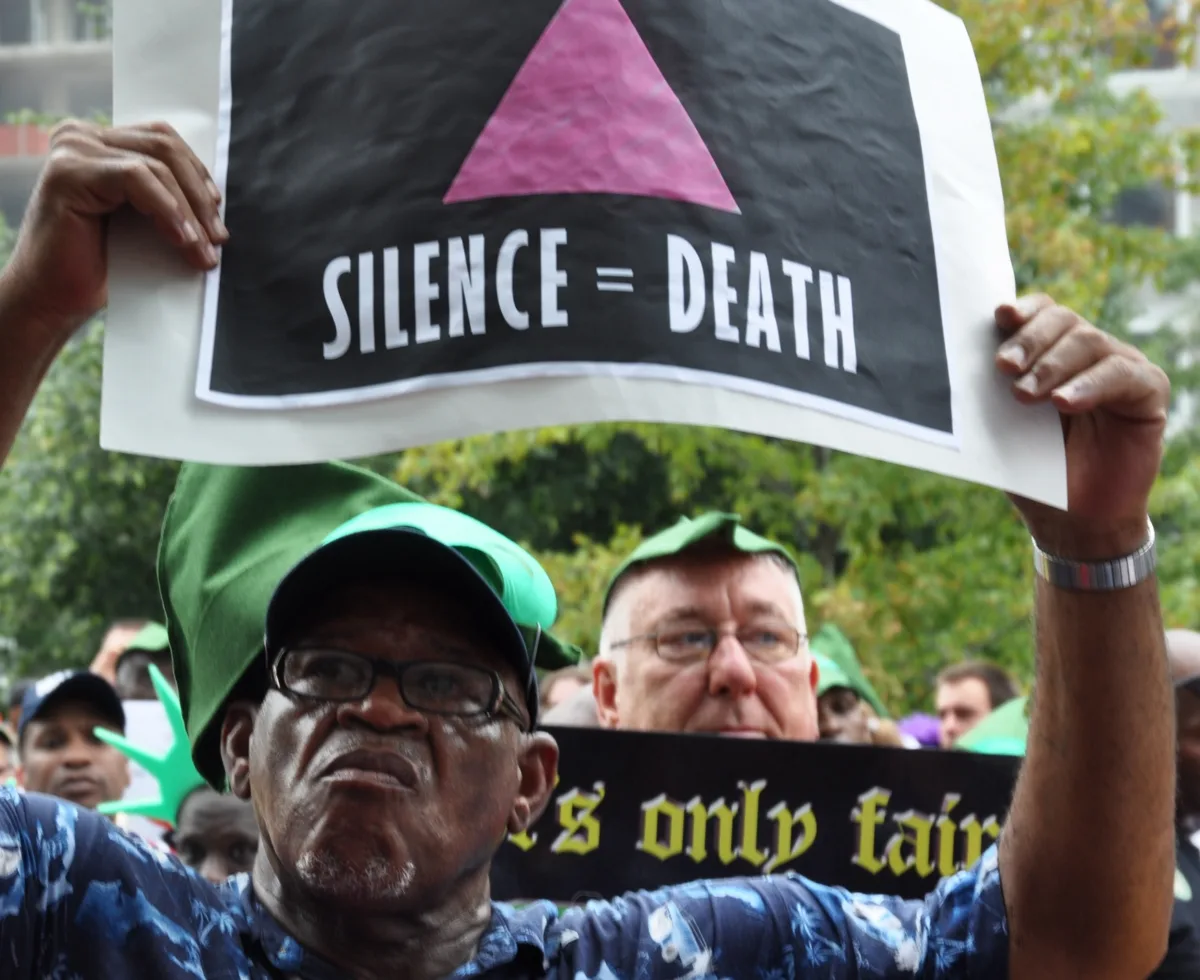
The DOJ Blocked a Tennessee HIV Criminalization Law. State Lawmakers Keep Pushing Back.
In May, the federal government and Shelby County, Tennessee, reached a landmark settlement stopping the local prosecutor from enforcing a law that discriminates against people living with HIV.

Abortion ‘Trafficking’ Laws, Travel Bans, Medication Crackdowns: How the GOP is Criminalizing Abortion Post-Dobbs
Multiple states have created a new crime called “abortion trafficking,” which makes it illegal for adults to transport minors to get abortions without parental consent. Others are trying to restrict abortion medications or out-of-state travel.
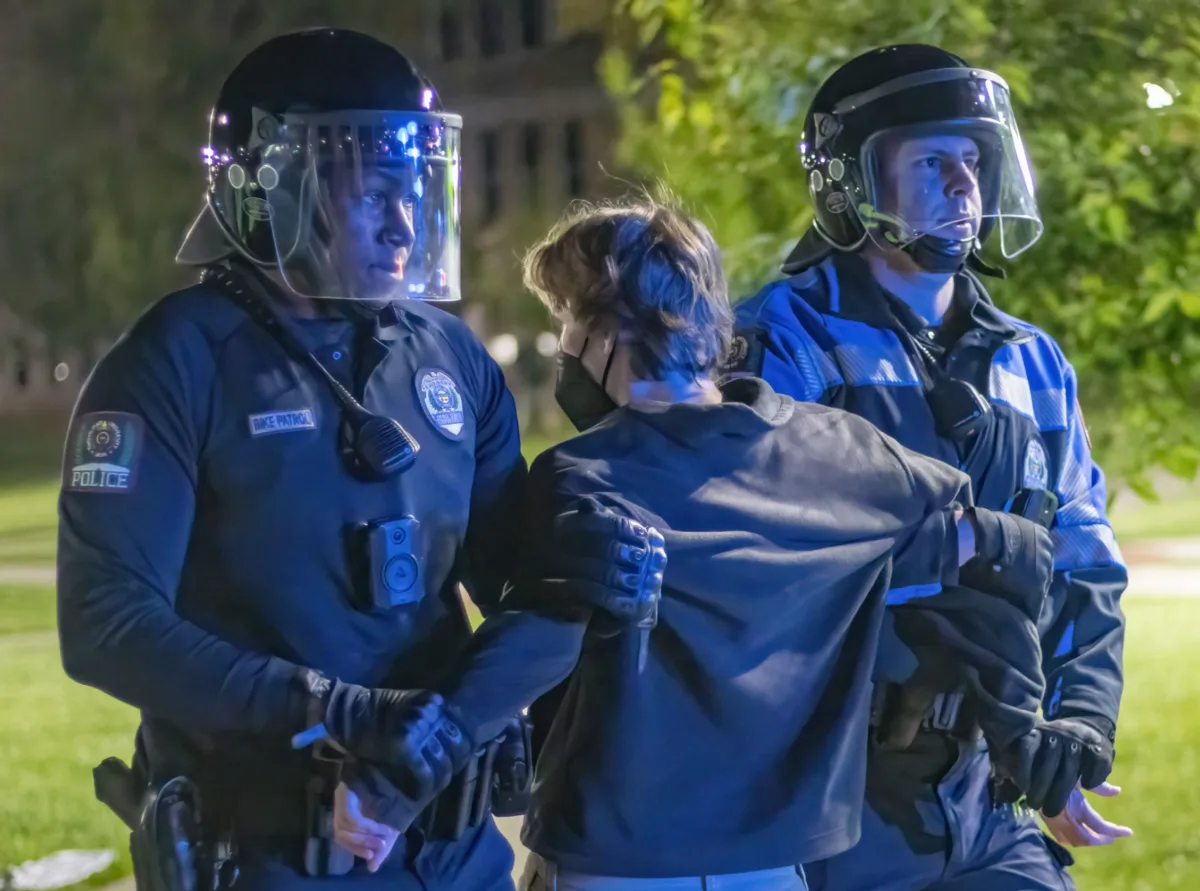
We Tracked 3,200 Pro-Palestinian Campus Arrests. Here’s How Prosecutors Are Responding.
The Appeal contacted more than 120 prosecutors and city attorneys to ask if they’ll file criminal cases against campus demonstrators. So far, only four expressed apprehension at doing so.
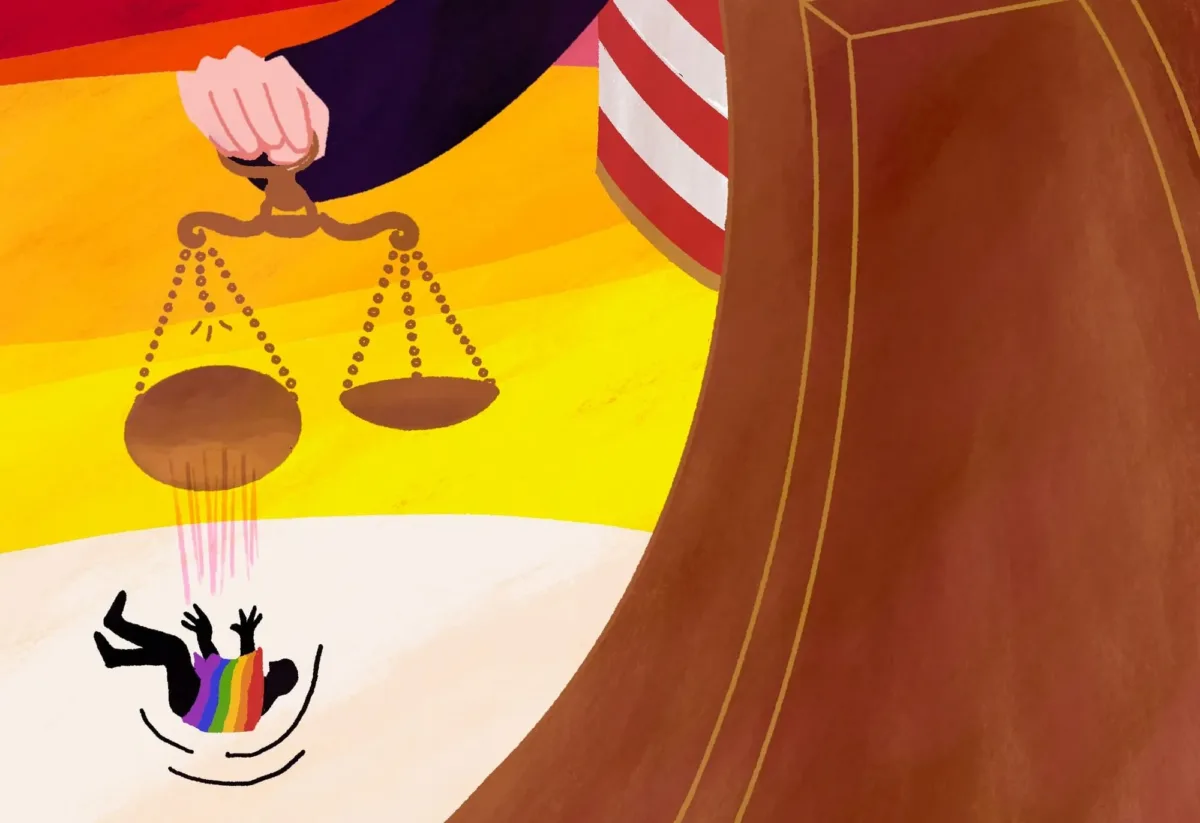
Was Gregory Dickens Sentenced to Death Because He Was Gay?
A review of a decades-old case resurfaces questions of judicial bias in Arizona, and is relevant to the state’s current judicial appointees.
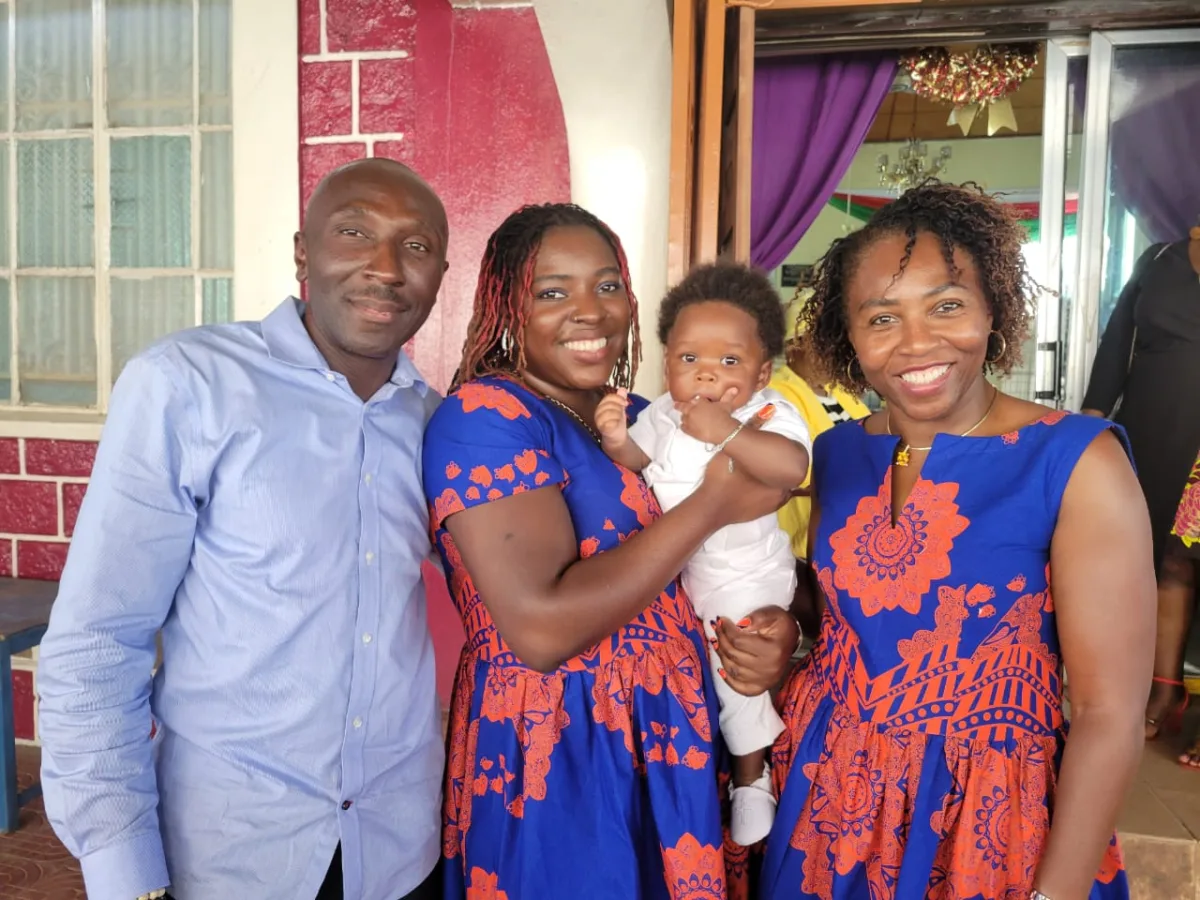
He Rebuilt His Life After Prison. Then He Was Deported for a 23-Year-Old Drug Conviction.
Samuel Anthony moved away from Sierra Leone at six years old. That didn’t stop the U.S. from deporting him to a country where he doesn’t know anyone and doesn’t speak the most common language.
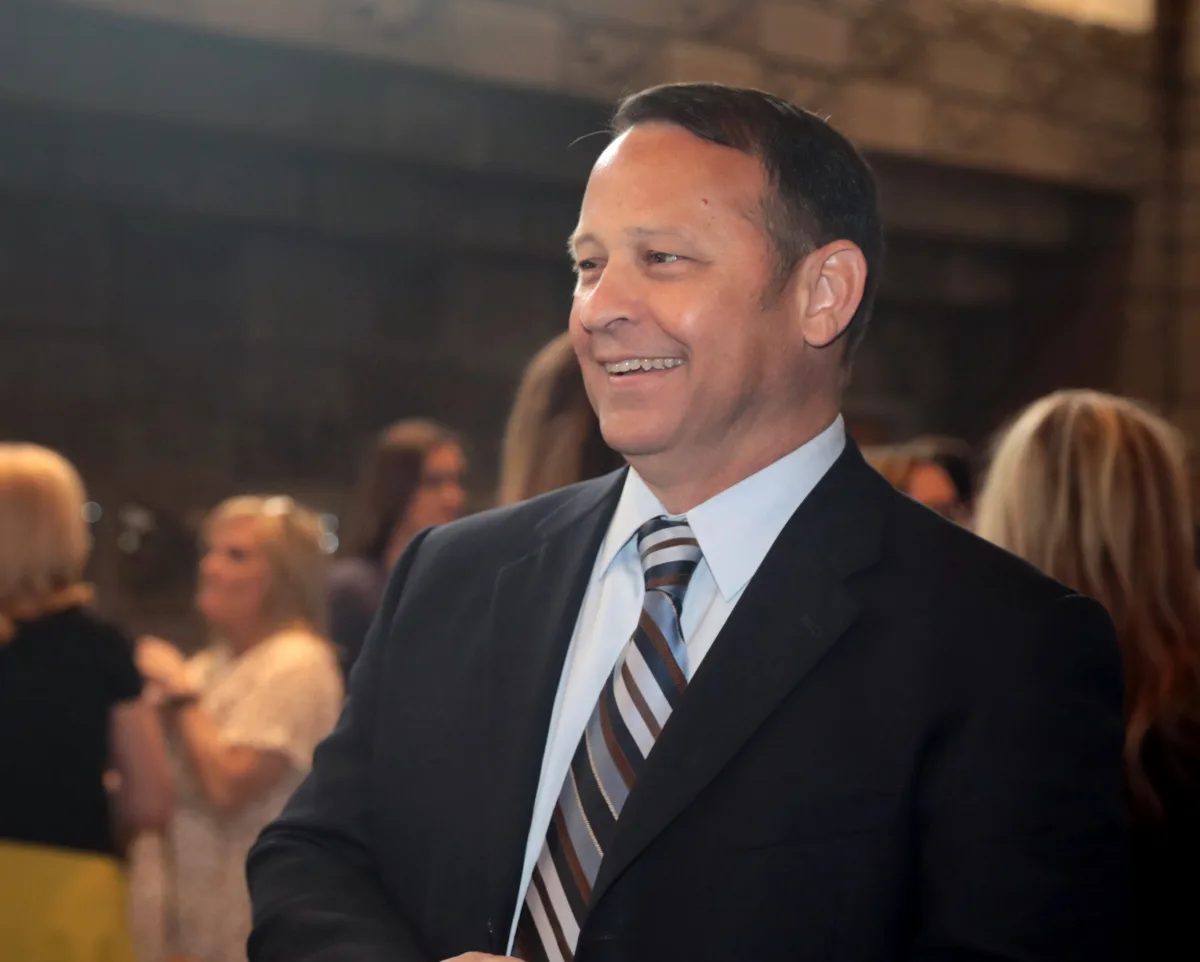
Arizona Supreme Court Upholds Total Abortion Ban With Mandatory Prison Time
The Arizona Supreme Court ruled that the state can enforce a near-total abortion ban from 1864. The ban allows no abortions except to save the life of a pregnant person and carries a mandatory two- to five-year prison sentence for people who provide abortions.
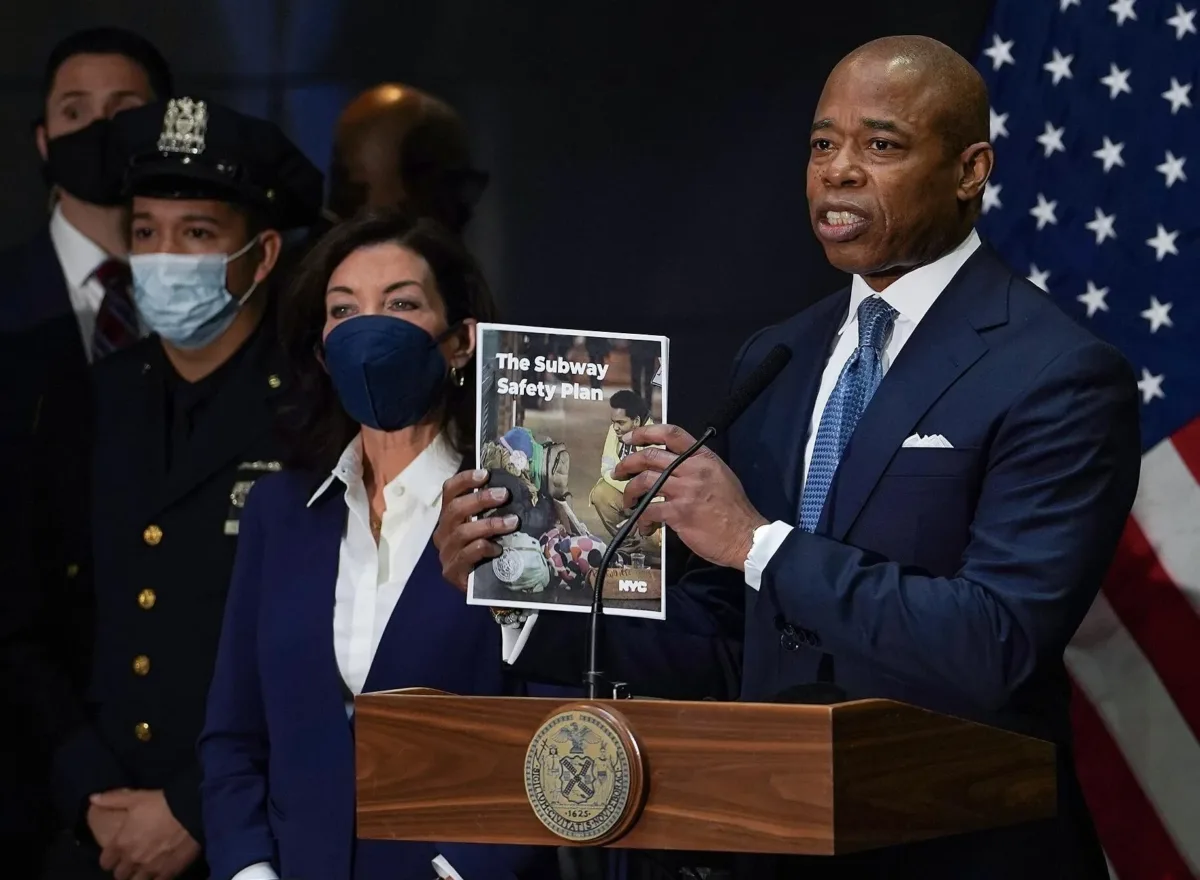
Ask The Appeal: Why Do Americans Think the U.S. is Too ‘Soft’ on Crime?
According to (admittedly flawed) FBI data, the U.S. is about as safe as it’s ever been. So why is tough-on-crime rhetoric on the rise?
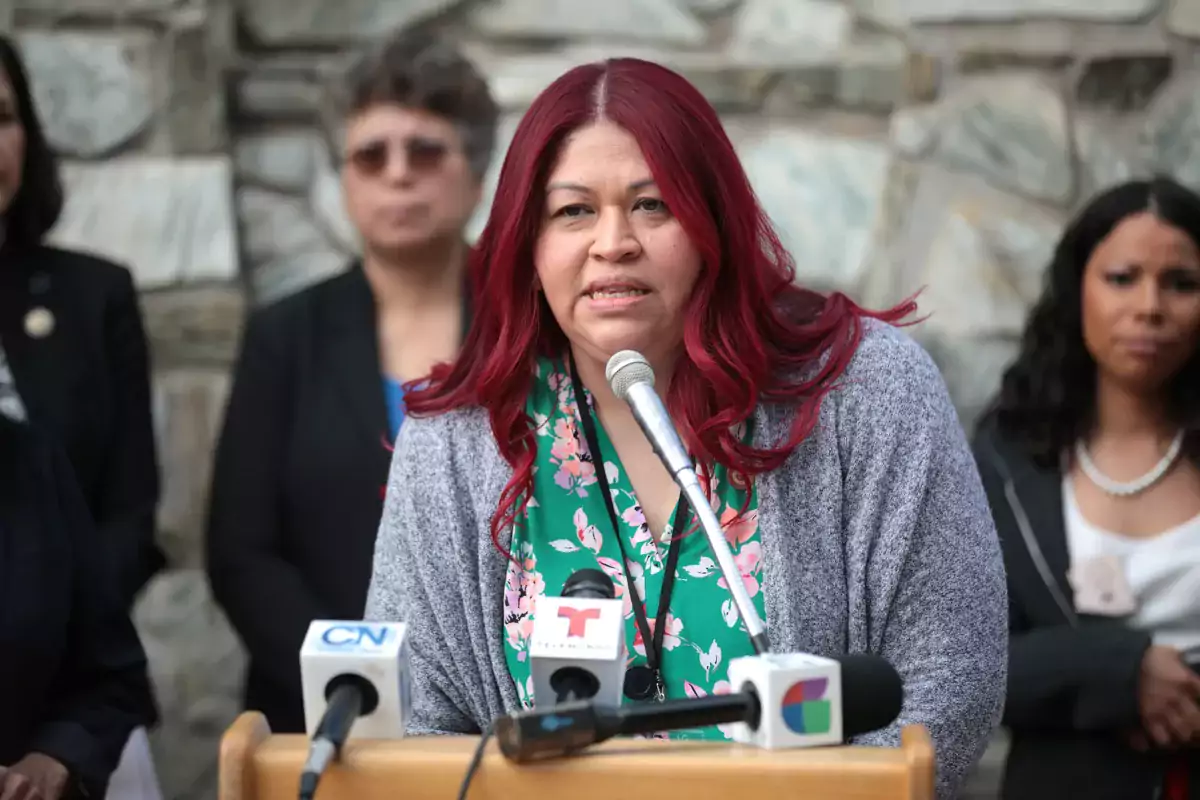
Arizona Bills Would Ban Felony Murder Law—Used to Charge Bystanders for Shootings by Police
State Sen. Anna Hernandez filed the bill following The Appeal’s investigation into the Phoenix Police Department’s shooting of Jacob Harris. Though police killed Harris, his friends were charged using the state’s felony murder statute. Tomorrow, a coalition will join Hernandez in a press conference to support the bill.

New Hearing for Man Sentenced to Life in Prison Despite Not Guilty Verdict
In 2001, a jury found Terence Richardson and Ferrone Claiborne not guilty of murdering a police officer. But, thanks to a 1996 U.S. Supreme Court ruling, a judge sentenced both men to life in prison anyway. Yesterday, the Supreme Court of Virginia granted Richardson a new hearing to prove his innocence.
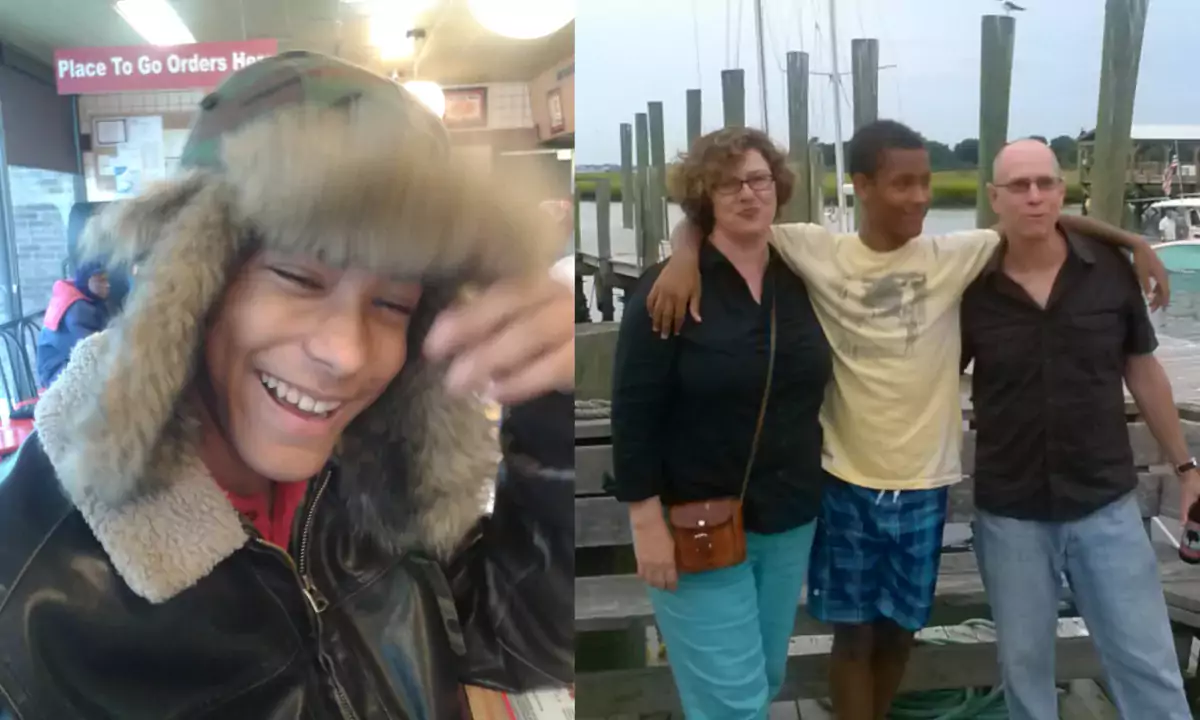
Medical Staff at Notorious Atlanta Jail Let Autistic Teen Waste Away and Die, Lawsuit Says
At 15, Shane Kendall, an autistic child with bipolar disorder, schizophrenia, and intellectual impairment, allegedly fatally shot his mother. Despite Kendall’s disabilities, prosecutors charged him, as an adult, with murder. Before he turned 19, he died at the Fulton County Jail.
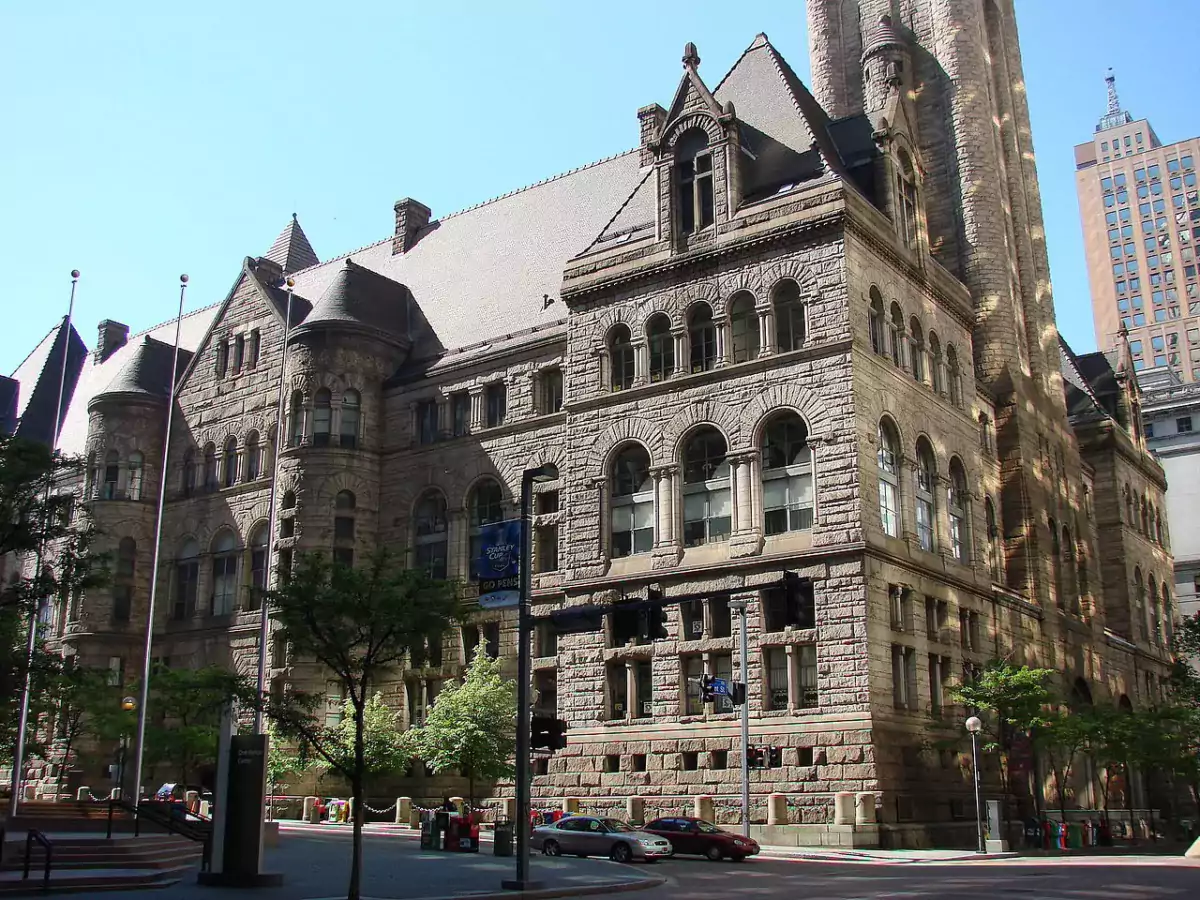
Pittsburgh’s ‘nurturing’ mental health court actually punishes the mentally ill, report says
A new report by the Abolitionist Law Center says that, while pitched as a more humane alternative to criminal court, Allegheny County’s Mental Health Court instead humiliates people with mental illness and feeds them back into jail.
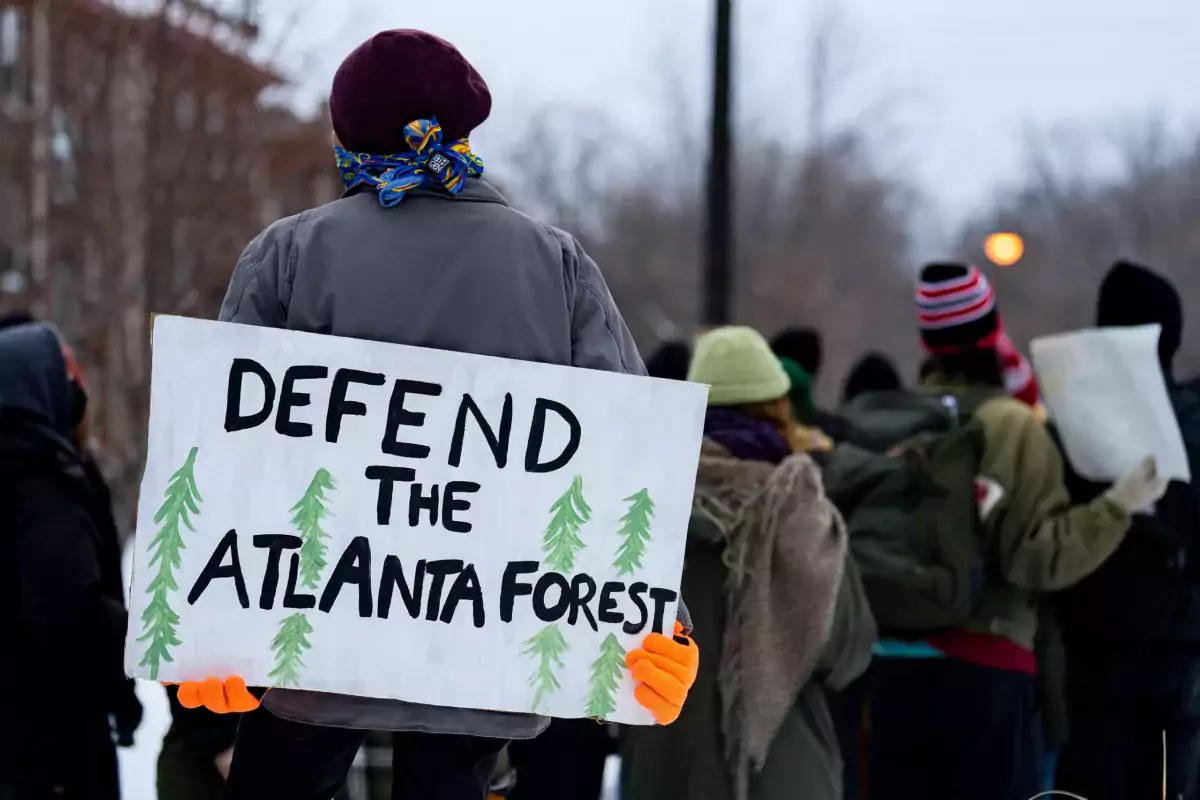
The Mass ‘Cop City’ Arraignments Were an Absurd Circus
Georgia prosecutors have launched a first-of-its-kind racketeering case against 61 people, ranging from visitors arrested at a music festival to bail fund organizers. The mass-arraignment on November 6 showed just how much of an insane, unconscionable mess the case really is.
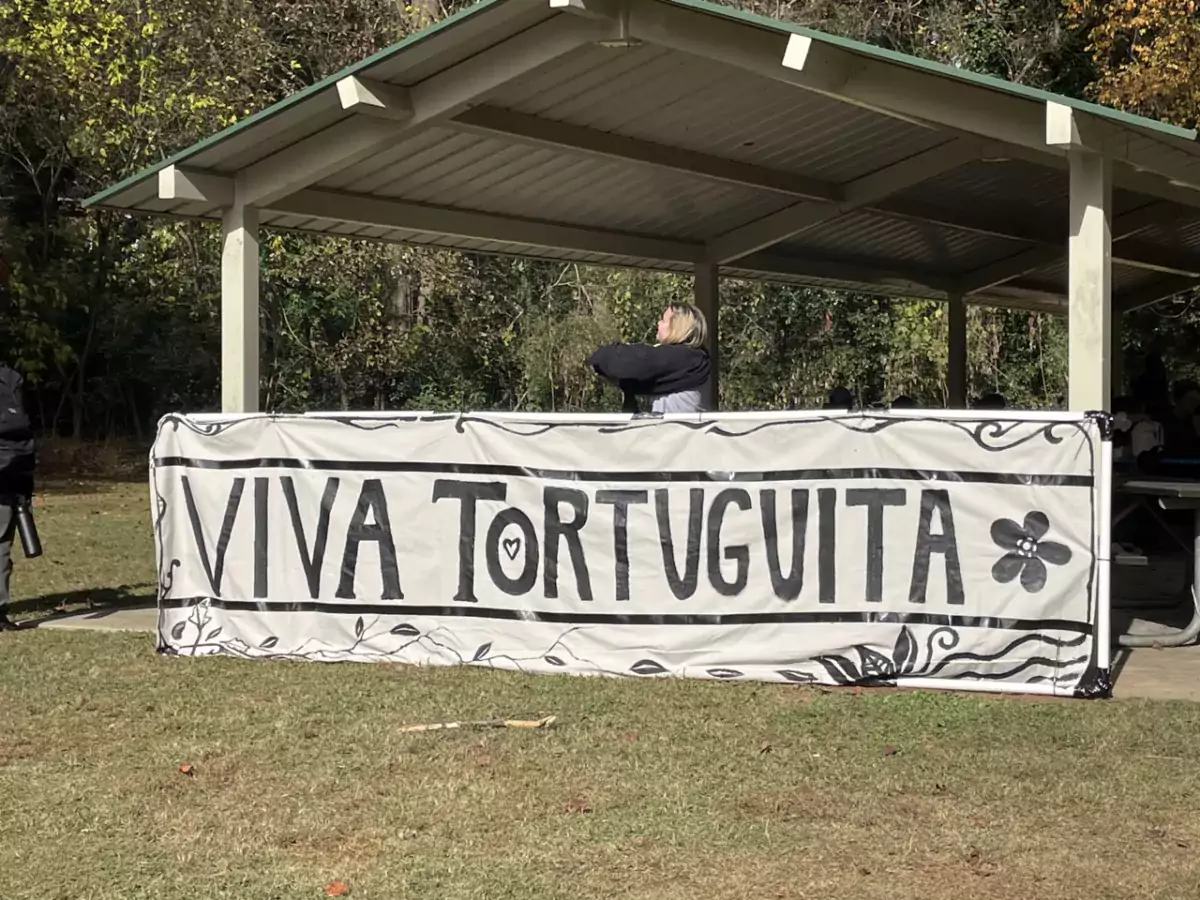
Prosecutors Smearing Dead ‘Cop City’ Activist by Publicizing Their Diary, Organizers Say
Georgia police killed Manuel “Tortuguita” Terán on Jan. 18 as Terán was protesting against Cop City, the massive police training facility under construction in Weelaunee Forest in Atlanta. But, now that prosecutors have mass-charged activists in an unprecedented use of racketeering statutes, those close to the case say the state has sunk to new lows by entering Terán’s personal diary into public evidence against defendants.

A Jury Found Them Not Guilty of Killing a Cop. A Judge Sentenced Them to Life Anyway.
Terence Richardson and Ferrone Claiborne have spent decades behind bars even after a jury acquitted them of murder. Now, the Virginia Supreme Court is set to decide their fate.
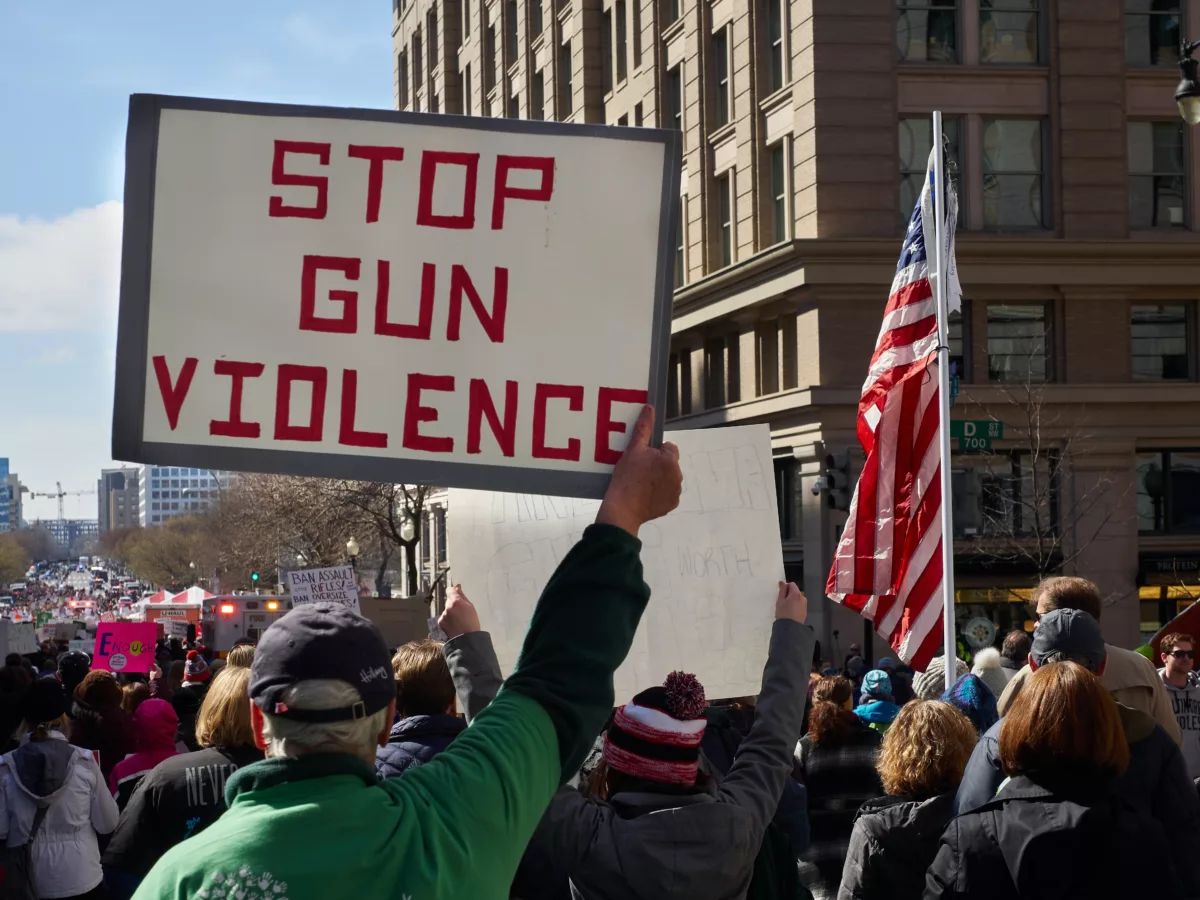
Breaking the False Victim-Perpetrator Binary on Gun Violence
We cannot punish our way out of gun violence. Instead, we must invest in dismantling the structures that allow this violence to thrive.
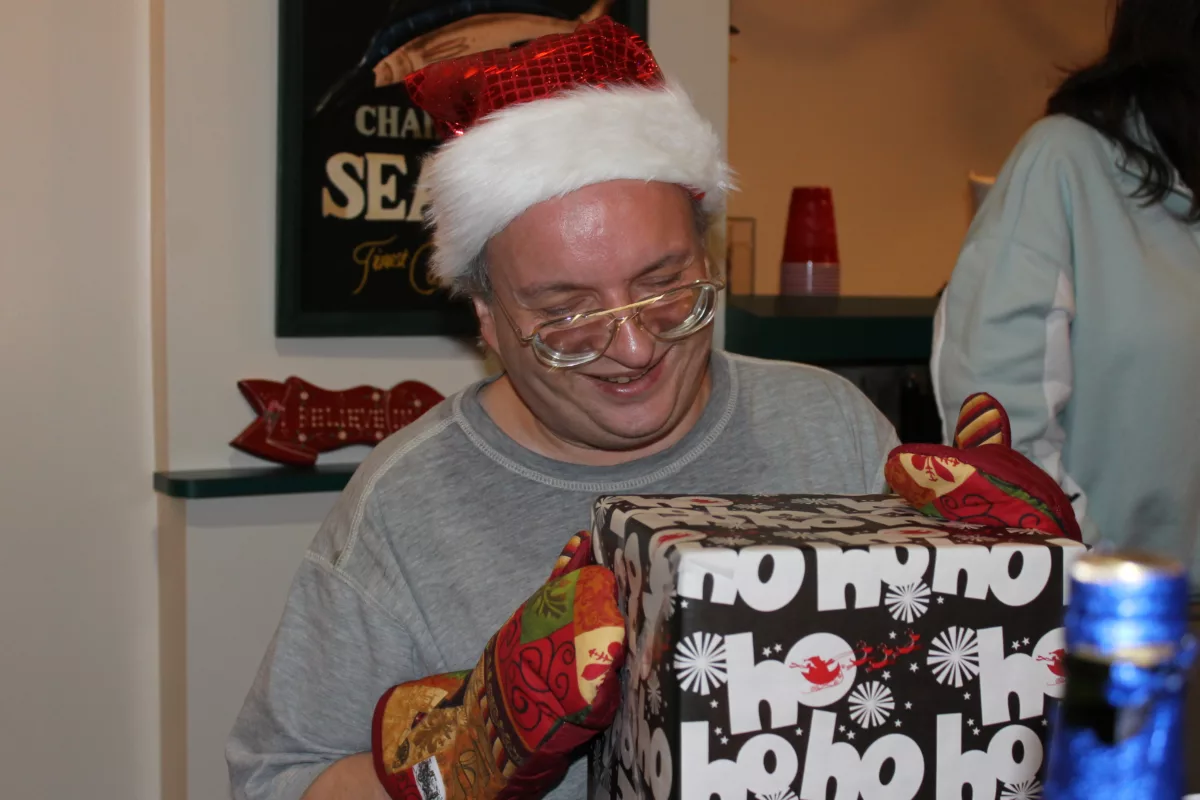
Pittsburgh Jail Let Autistic Man Die Due to Culture of Neglect, Lawsuit Says
Last year, 57-year-old Anthony Talotta allegedly contracted sepsis and died after a stint in the Allegheny County Jail. His family is now suing—and says his death is part of a systemic culture of medical neglect at the facility.
